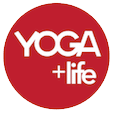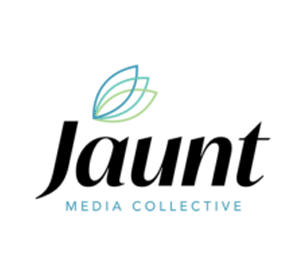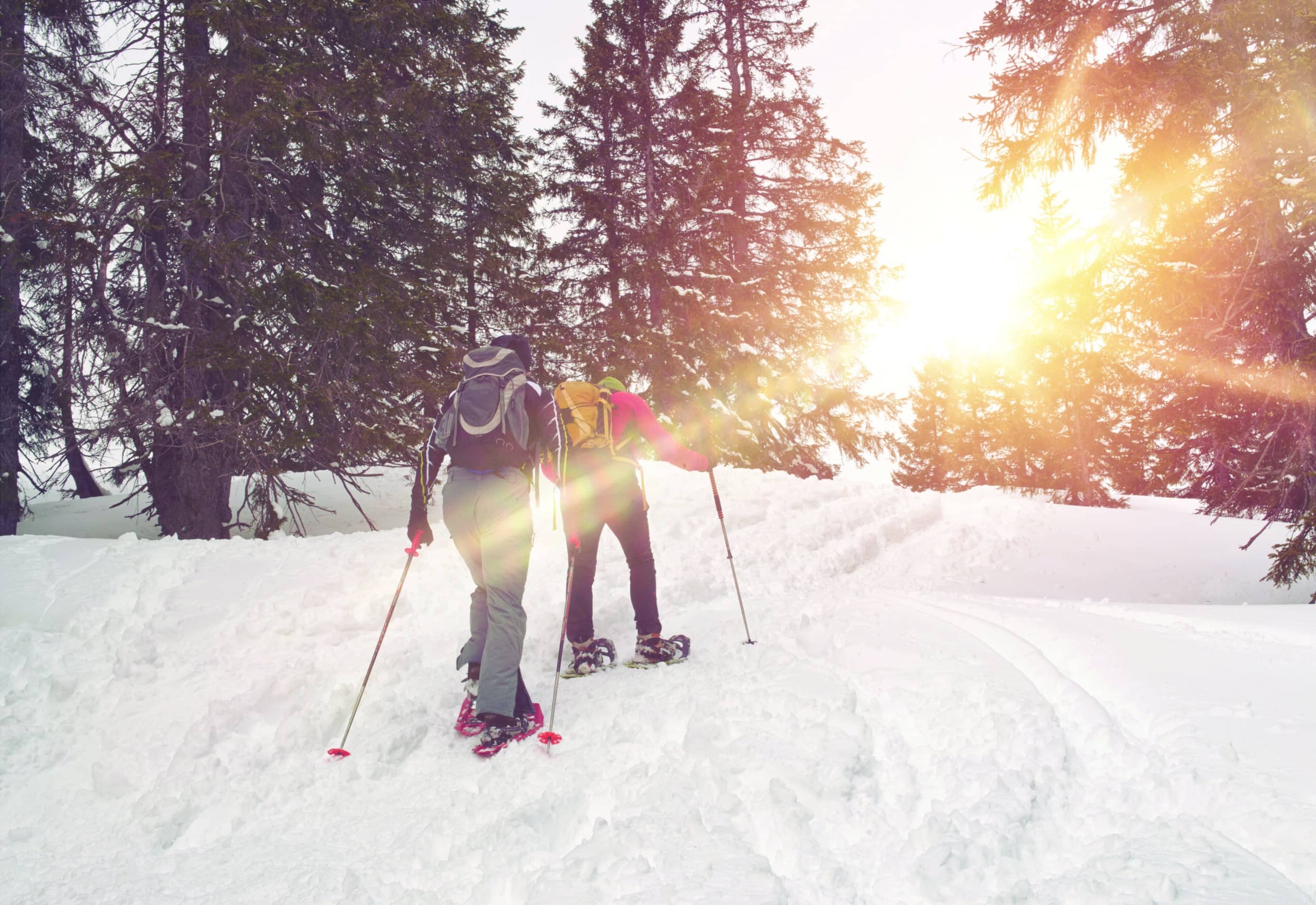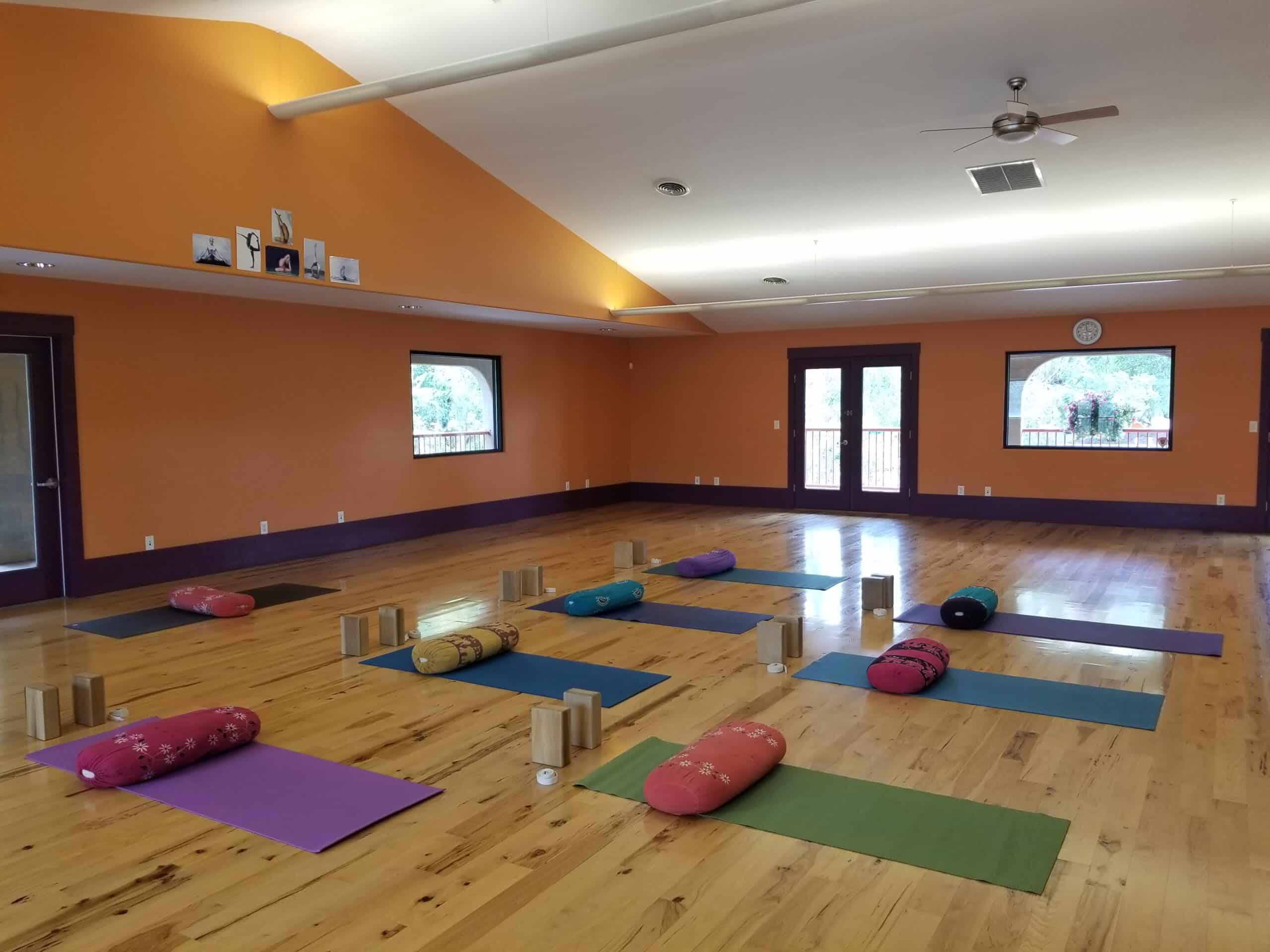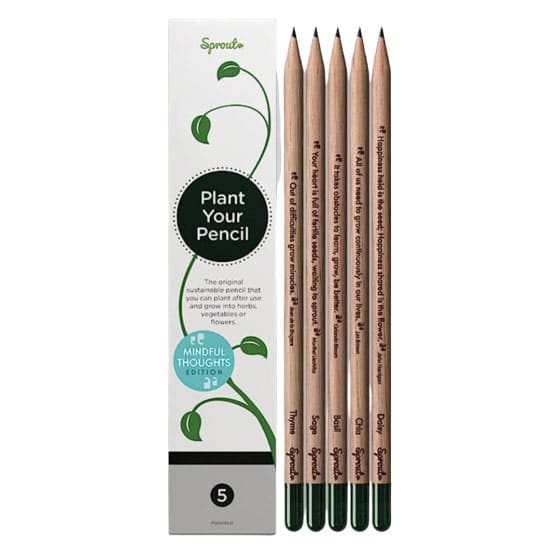The Power of Habits : “Big Things Come from Small Beginnings” | By Julia Clarke
“We are what we repeatedly do. Excellence, then, is not an act but a habit.”
When philosopher Will Durant wrote these words in 1926, he may have laid out the foundation of a healthy life.
We often use the term “creature of habit” to describe someone who we might otherwise call a bit dull — that friend who only ever orders the cashew chicken at the Chinese restaurant, for example. Doing things repeatedly may be safe, but it can carry some major benefits, too.
Neurophysiologist Dr. Keith Wallace writes about the power of habits in his new book 16 Super Biohacks for Longevity, and he explains that establishing habits saves your brain from a lot of taxing effort.
“I think of habits as a circuit in the brain. A lot of habits, like riding a bicycle or playing tennis or rock climbing, start where you’re using the frontal parts of your brain trying to figure it out, and then they move to a deeper part of the brain called the Basal Ganglia where you have a lot of these motor patterns stored. It’s a huge advantage, because it means you don’t have to think about it when you’re doing it.”
There is also a physiological benefit to doing things repeatedly that Wallace explains comes down, in part, to dopamine: the “feel good” chemical produced in your brain as the result of pleasurable experiences that is associated with functions like memory. When you anticipate that something is going to feel good — yoga or getting an early night for example — just thinking about it gives you a dopamine rush, so you’re more likely to do it again. Unfortunately, this also counts for habits like drinking alcohol or smoking.
Habits, therefore, can change your life for the better, by reinforcing your health with enough sleep and exercise, or negatively, with destructive behaviors like too much screen time. So, how do you change a negative habit?
“Probably the easiest way to break a bad habit is to create a more positive one to replace it, because these circuits are hard to just erase from the brain, especially if it has this dopamine connection, because it’s associated with pleasure. So, to erase it you have to give more emphasis to something else,” says Wallace.
Multiple books have been written on how to form new habits, and all emphasize approaches like starting small, making it easy and picking one habit at a time. Some experts tout the idea of “habit stacking,” where you effectively stick a new habit onto an existing one, as in drinking a glass of water every time you eat a meal, to increase your water consumption, or using rest days from running to work on strength training.
Wallace lays out a four-step method for “habit mapping” in his book, which he calls “neurohacking the learning cycle,” that focuses on figuring how to learn a habit more efficiently and quickly:
- Motivate: Start with what you want to actually change in your life, and write it down.
- Personalize: Don’t assume what works for someone else will work for you, and do a bit of soul-searching to understand what will work for you, what drives you and how you learn.
- Experiment: Write down all the habits you can think of that might help you achieve your goal.
- Be real: Get feedback and self-reflect to keep you on track and measure your progress.
As for what habits you need to integrate to live a healthier life, it’s hard to know where to begin — should you go to bed earlier, take cold showers or begin intermittent fasting? There’s a lot of health advice out there, but for Wallace’s part, he advises starting with meditation, a practice that’s been shown to improve mental function.
“It’ll help you learn all other types of habits, so if you start to meditate you reduce stress more, and it’s so much easier to do everything else.”
Next up, he says, get outside, bright and early, and enjoy the morning sunlight.
“It doesn’t cost anything; it’s simple; it sets your Circadian Rhythms in sync with nature.”
Exposure to morning sunlight is what Wallace calls “ridiculously simple,” but it’s been correlated with reducing inflammation and boosting cellular energy.
Then you’ve got the habits that you probably already know you should be doing more of — drinking more water, exercising (both of which you can stack onto getting morning sunlight) and going to bed at the same time, which a new study suggests improves your choices around eating habits and ultimately improves your diet and gut bacteria.
These might not sound as glamorous as leaping into icy lakes or running 10K a day, but as Atomic Habits author James Clear writes, “big things come from small beginnings.”
Originally published in Winter + Spring 2023-24 issue of Well.
Take stellar notes and love the earth with these eco-friendly pencils that are plantable when you’re done! [...]

Subscribe to Our Tribe
Stay up to date with Y+L News, Events and special announcements.
